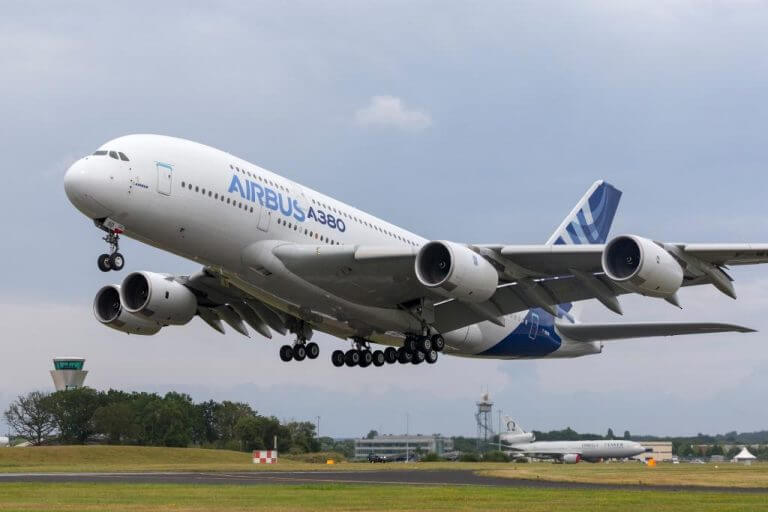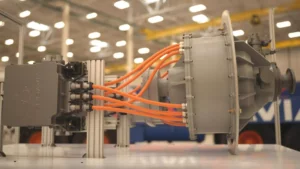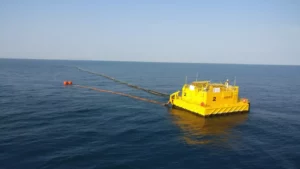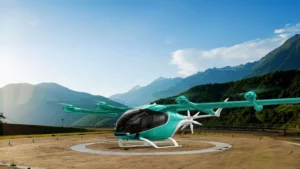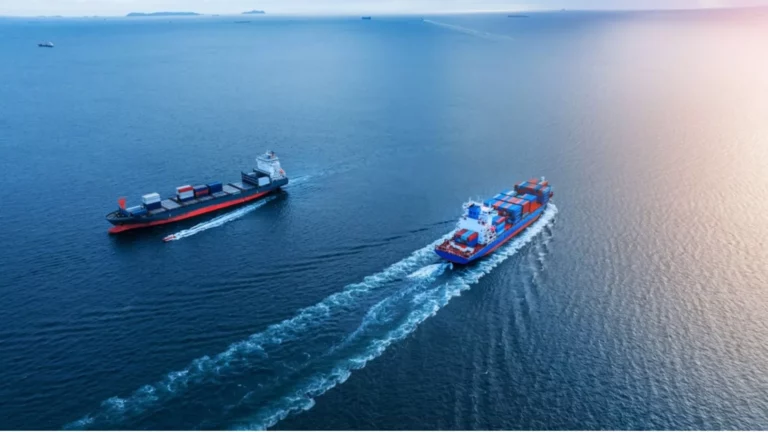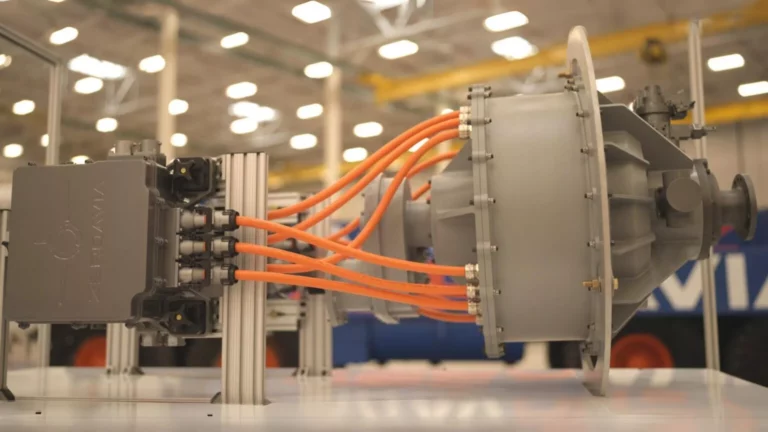By: Franyi Sarmiento, Ph.D., Inspenet, May 16, 2022.
The colossus of the air makes its contribution in favor of the sustainability of commercial aviation: an Airbus A380, made its first flight with a fuel derived mainly from used cooking oil and other residual fats.
A test unit of the world’s largest aircraft, named MSN 1, took off from the Airbus headquarters in Toulouse, France. It made a flight of approximately three hours, operating one of its original Rolls-Royce Trent 900 engines with sustainable fuel, and landed on the same runway without any problems.

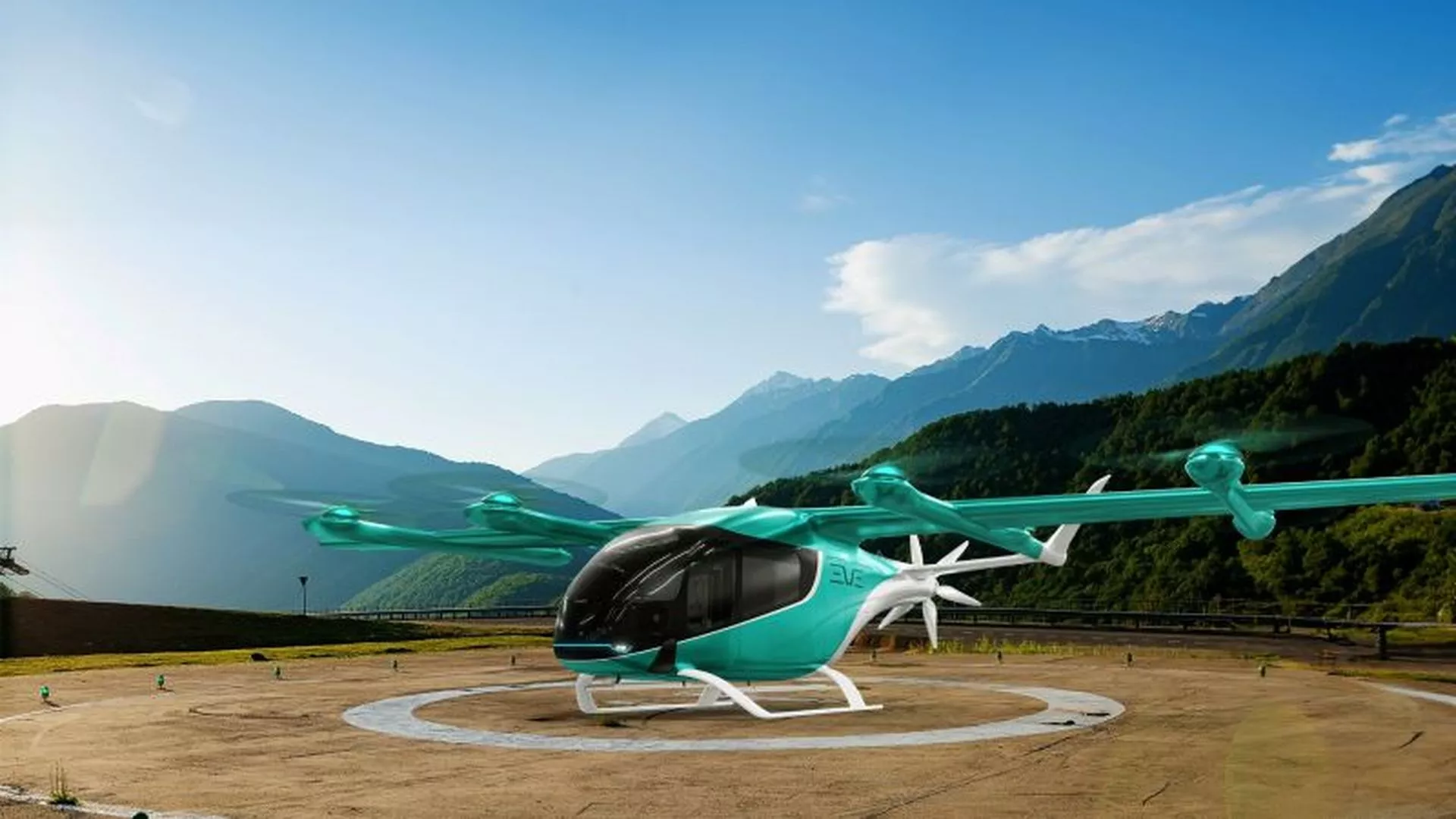
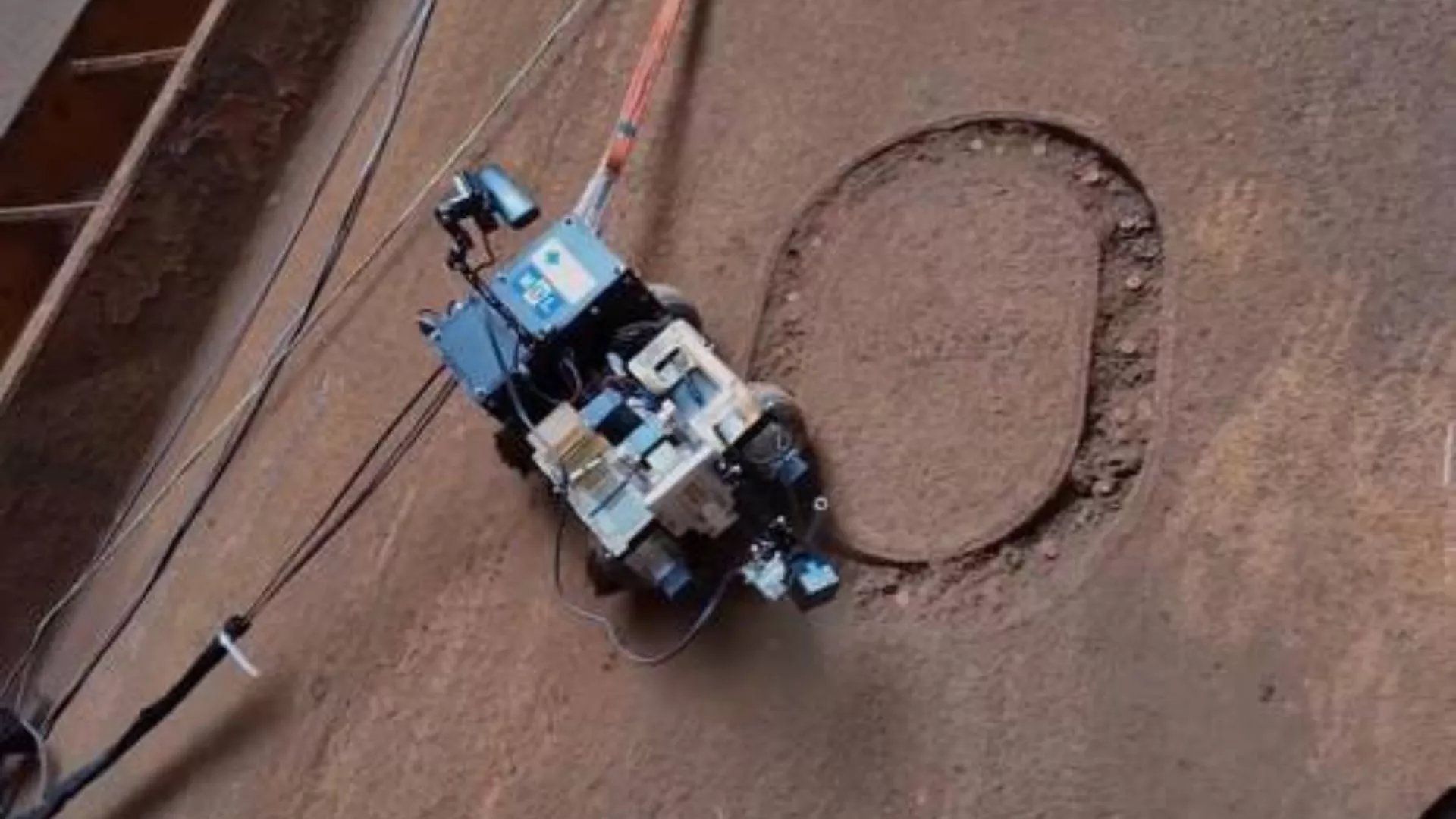

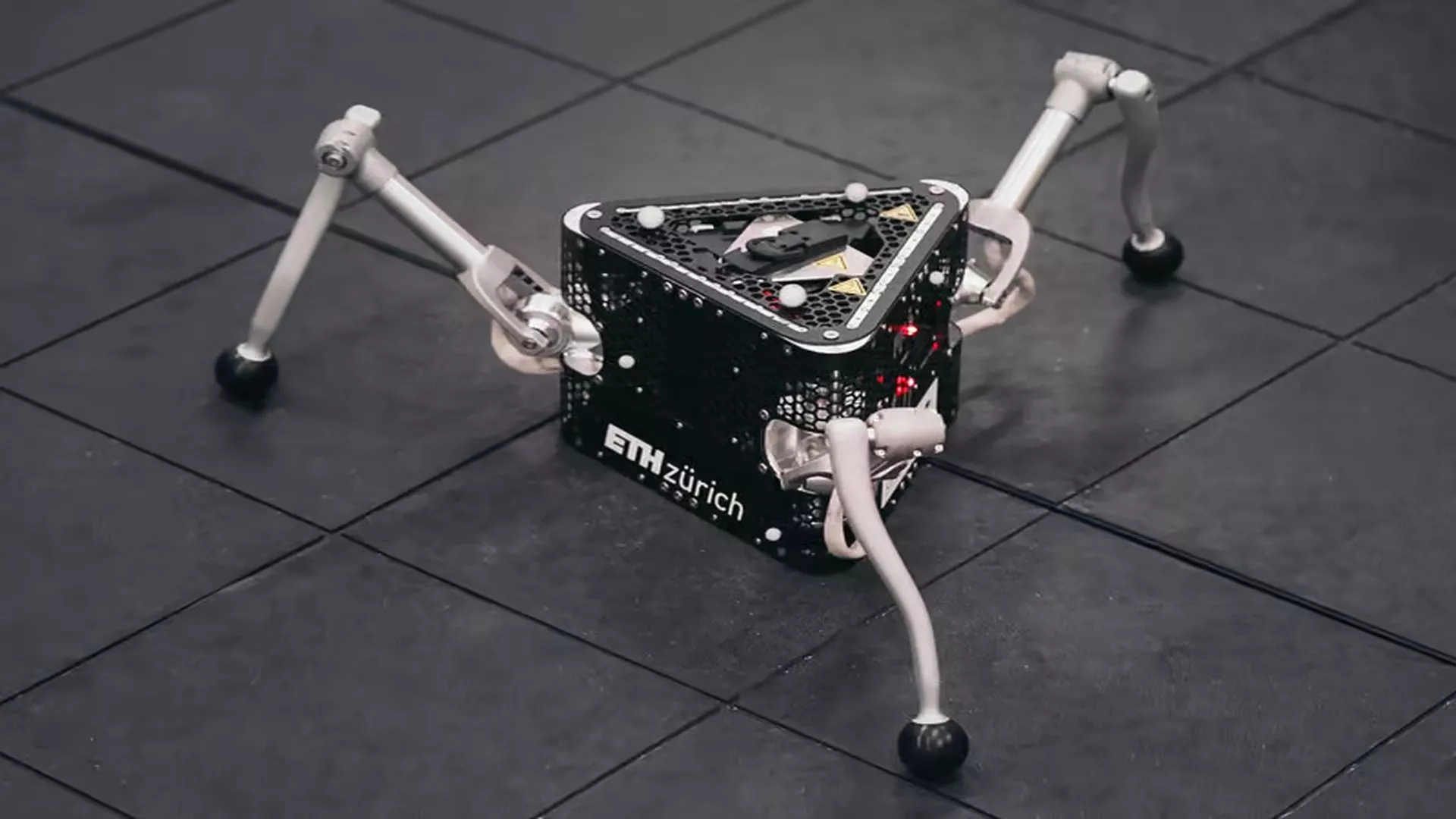
Airbus explains that, for this flight, and another that took place the following day, sustainable aviation fuel (SAF) was used. Currently, there are different types of SAF, but all aim, to a greater or lesser extent, to be less harmful to the environment than traditional fossil fuels.
The European aircraft manufacturer’s SAF supplier is TotalEnergies, which manufactures in Normandy fuel based on hydroprocessed esters and fatty acids (HEFA), free of aromatics and sulfur. In other words, oil like the one we use in our kitchens, used, and other residual fats that, if not for this purpose, would have ended up in the garbage.
As we mentioned, the Airbus A380 in the test used its original engines. This has been possible thanks to the fact that this type of fuel is designed to work with the turbofan systems of current aircraft, although its performance and safety are being verified with various tests.
Previously, Airbus tested two of its other models with SAF. In March 2021 it did so with an A350 and in October 2021 with an A319neo. The firm seeks to achieve certification to be able to use 100% sustainable fuel in its planes by the end of this decade and the first zero-emission plane for the market in 2035.
According to the European Environment Agency (EEA), a plane with 88 passengers emits an average of 285 grams of CO 2 per passenger and kilometer. Under the same parameters, this is much more than the 14 grams of CO 2 emitted by a train with 156 passengers. Against this background, the aim is to reduce the environmental impact produced by commercial aviation, with some solutions more viable than others.
Electric planes, despite Roll-Royce’s Spirit of Innovation reaching breakneck speeds and other projects looking promising, are still not an option to meet the needs of commercial aviation in the short term. Ideas like traveling through the air using solar power, as the Solar Impulse II does, are also left out of this equation.



